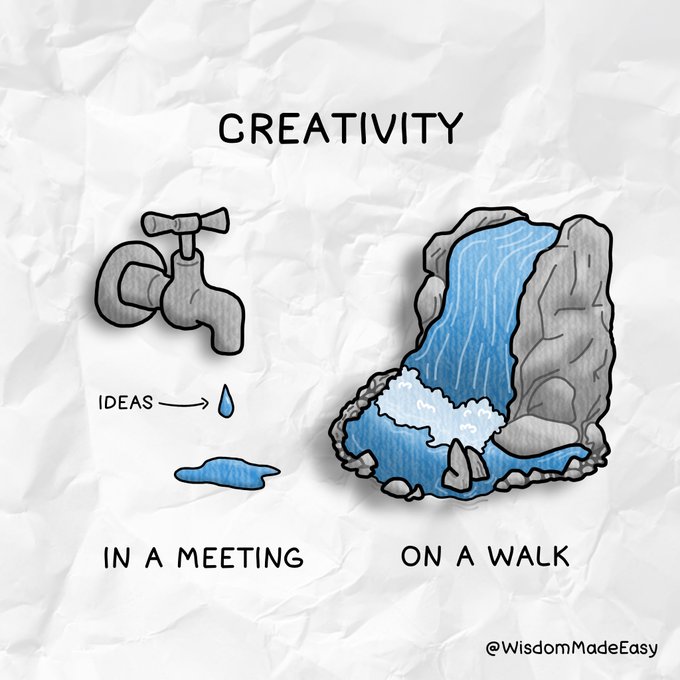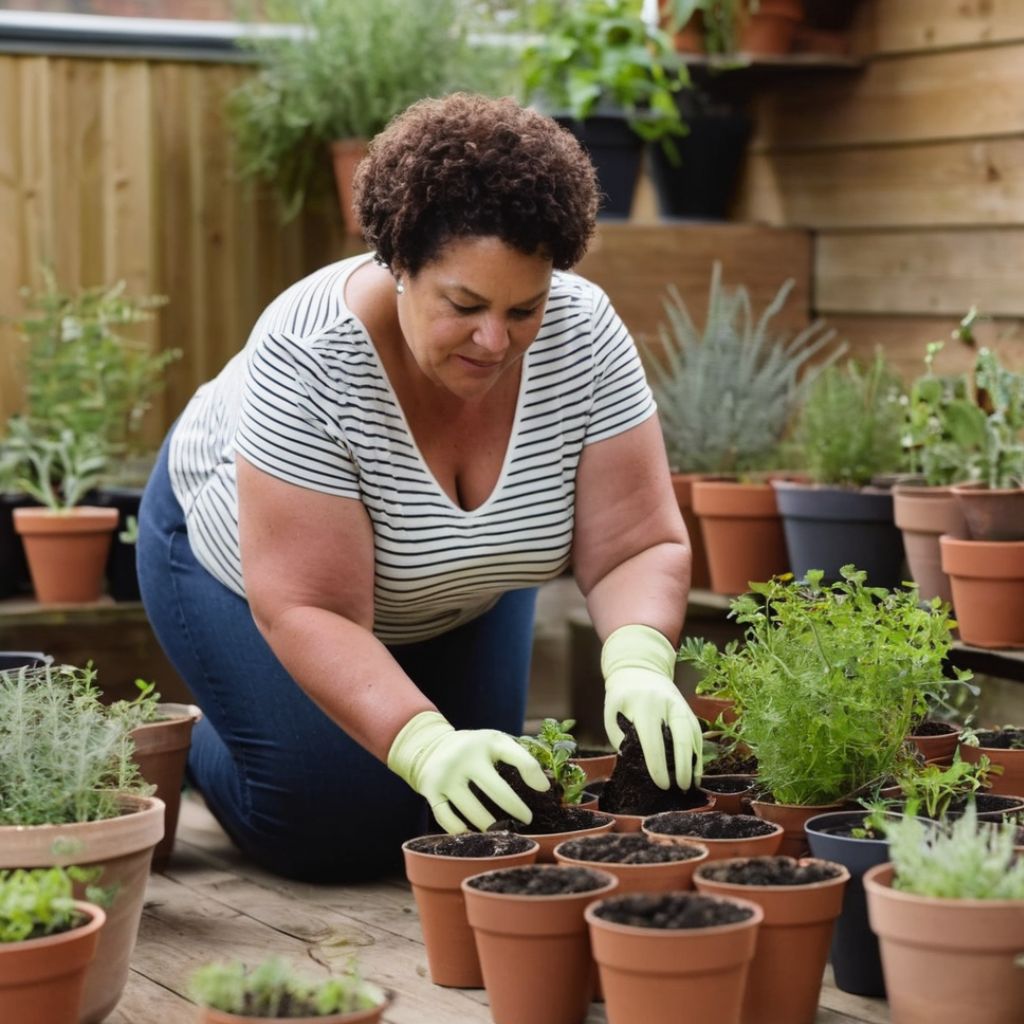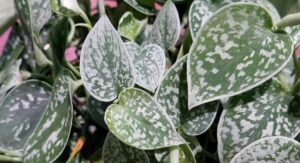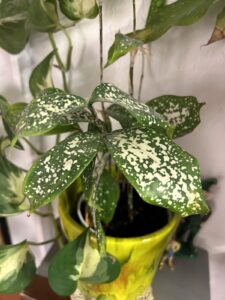
Let’s dive into the wealth of mental health benefits that indoor gardening brings, backed by compelling research.
In this article
Stress Reduction
Scientific studies have consistently shown that exposure to green landscapes, whether inside or outside, correlates with reduced anxiety and depression.
For example, a meta-analysis of observational studies found that exposure to green space was associated with a lower risk of depression and anxiety. Another study found that viewing natural settings contributes to reducing anxiety and depression.
Additionally, incorporating green spaces in the workplace can help boost mood and create a sense of calm and tranquility, leading to better mental health and overall well-being of employees.
Exposure to natural environments can decrease heart rate and blood pressure, which are vital indicators of stress levels.
Living near parks and green open spaces is related to lower rates of depression and anxiety.
Engaging with indoor plants is a proven method to manage stress effectively, promoting faster recovery from surgeries and mitigating the impacts of anxiety and depression.
The secret lies in the ability of plants to lower cortisol levels, the notorious stress hormone.
By interacting with your indoor garden, you’re not just cultivating greenery; you’re cultivating a haven for your mental well-being.
Mood Enhancement
You’re not just tending to plants – you’re tending to your own mood. Indoor gardening has a magical touch that enhances mood, providing a sense of purpose and control.
Studies have revealed that the simple act of looking at plants can reduce both physiological and psychological stress. Moreover, it boosts self-esteem and contributes to a greater overall satisfaction with life.
For instance, a study conducted in Japan observed changes in stress levels pre- and post-involvement with plants among workers at an electric company. The findings, published in the HortTechnology journal, revealed that the number of employees with high scores on an anxiety measurement test decreased their scores slightly, and 27% of employees showed a significant decrease in resting heart rate after engaging with plants.
Additionally, a randomized crossover study found that active interaction with indoor plants can reduce physiological and psychological stress compared with mental work.
Furthermore, research has concluded that active interaction with indoor plants can reduce both physiological and psychological stress compared with mental work, promoting comfortable, soothed, and natural feelings.
So, if you’re looking for a natural mood enhancer, let your indoor garden be your ally in cultivating positivity and mental well-being.
Boosted Creativity and Focus

Indoor gardening is a creative journey that extends beyond the pots and plants. It’s a pathway to boosted creativity, heightened productivity, and enhanced focus.
This green escape allows you to unwind from the demands of daily life, providing a sanctuary for your thoughts to refocus.
As you immerse yourself in the care of your indoor plants, you’ll discover an improvement in concentration and attention span.
Physical Activity and Chemical Release

Beyond the mental oasis, maintaining a garden becomes a source of physical activity that elevates your mood.
Research suggests that the act of gardening triggers the release of mood-boosting chemicals like serotonin and dopamine in the brain.
Digging into potting soil isn’t just about planting seeds; it’s about planting the seeds of improved mental well-being.
Nurturing Mental Well-Being
In the grand tapestry of well-being, indoor gardening emerges as a thread that weaves together stress reduction, mood enhancement, creativity, and physical activity.
Whether you’re on a journey to alleviate mental health challenges or seeking to infuse more satisfaction into your daily life, the benefits of indoor gardening are bountiful and beckoning.
Grab your watering can, embrace the green therapy, and watch your mental well-being bloom and flourish.
I hope you enjoyed this series!







